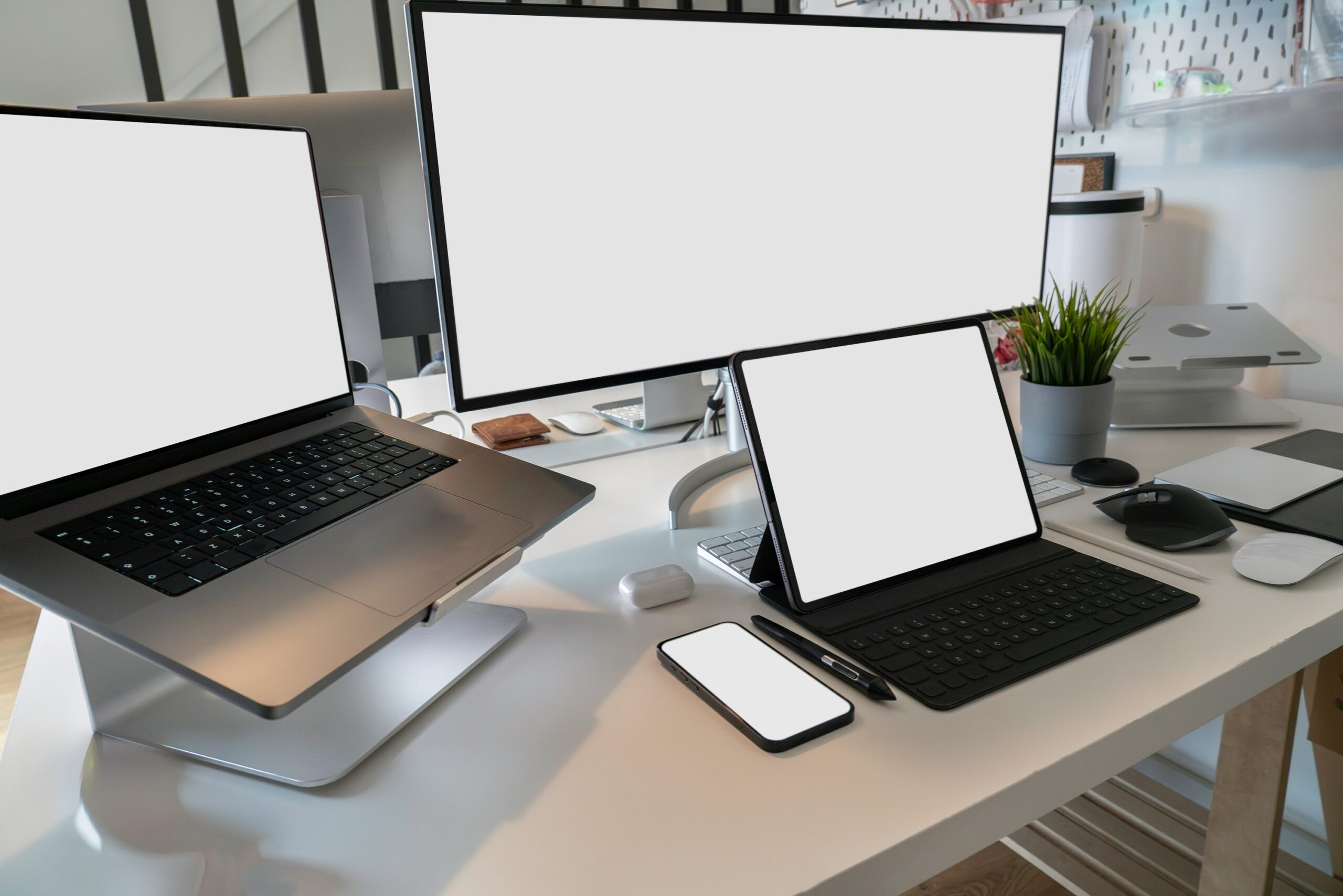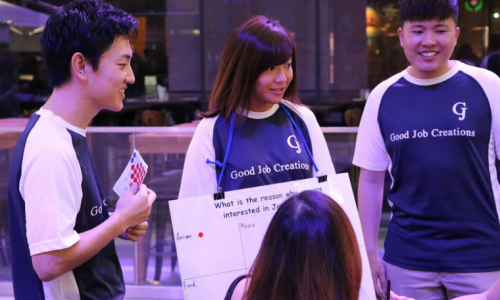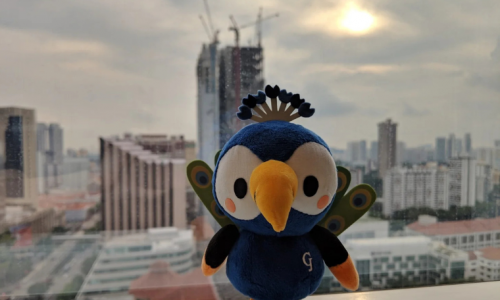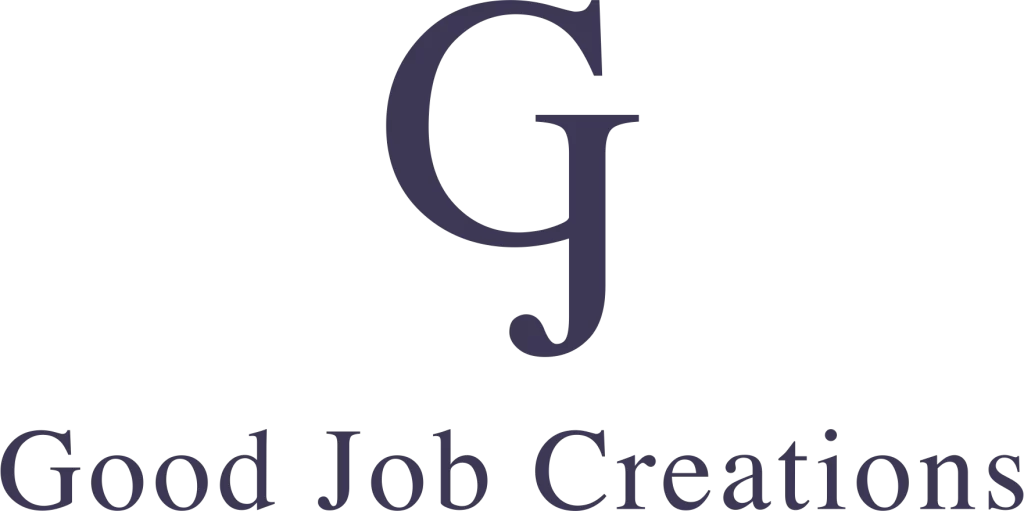Written by Rose Tan
Summary & Actionable Key Insights:
- Tech is Power, Use it Wisely: Proactively leverage technology for self-improvement and to stay competitive, but be strategic. Don’t chase every new tool; master those that genuinely align with your development needs and current challenges for career advancement.
- Stay Competitive with AI & New Tech: Familiarise yourself with relevant technologies like AI, as companies are rapidly adopting them. Use AI tools for learning, practice, and efficiency, but always add your human touch.
- Combat Digital Fatigue: Manage digital overload by setting boundaries, turning off non-essential notifications, taking regular screen breaks, and using analogue tools like notebooks for focused thinking and planning.
- Authenticity Builds Trust: In all digital communication (emails, AI-assisted work, collaborative platforms), ensure your authentic professional voice and judgment shine through. Human oversight with AI is key for credibility and cultural sensitivity, especially in diverse workplaces like Singapore. Personalise interactions to foster stronger relationships.
Your Career in the Age of Rapid Technology Advancement
As an employee or a job seeker in Singapore looking to advance your career, you are navigating an era of extraordinary technological change. New tools, especially in Artificial Intelligence (AI) emerge constantly, promising to reshape how we work and learn. The challenge, and the opportunity, lies in harnessing these advancements to enhance your skills and boost your career competitiveness without becoming overwhelmed, and losing one’s authentic voice.
Leverage on Technology for Self-Improvement Without Getting Lost in the Noise?
Our work lives are now deeply tied to a complex digital world. Tools like collaborative platforms and AI assistants boost our efficiency and connectivity. Digital integration is speeding up. By 2025, the global average for daily internet-connected screen time will be 6 hours and 40 minutes. That takes up a significant part of our waking hours. To remain competitive, proactively using technology for self-improvement is no longer optional. Developing strong digital literacy and AI skills is becoming crucial for many roles.
The landscape is evolving fast; for instance, the global AI in Language Translation Market alone was valued at USD 1.8 billion in 2023 and is projected to surge to USD 13.5 billion by 2033, reflecting how AI is becoming integral.
Yet, along with these advancements, many of us struggle with the effects on our focus, well-being, and relationships. How can we use these tools for real self-improvement, upskilling, and reskilling? How can we keep up with the constant releases of technology advancements without drowning in the noise? How to use AI for job skills development in Singapore?
The key is not to chase every new technology but to strategically engage in upskilling and reskilling with technology for the future of work.
Rather than superficially trying everything, identify a few tools that genuinely align with your development needs, master them, and then integrate them effectively. Skip it if the tool doesn’t solve your current problem or offer a better option than a tool you already use. Find the skills and tools in demand in your field, then check out trusted online courses and platforms to learn those skills. Many AI tools can help you learn. They give personalised feedback and serve as practice partners for interviews or technical skills. Explore how other fellow professionals use such tools.
This focused approach ensures technology becomes an enabler, not a distraction, boosting your competitiveness.
Managing Digital Demands: Strategies to Combat Fatigue and Maintain Focus
What is the True Cost of Digital Interruptions to Deep Work?
The drive to upskill and stay visible means significant screen time and constant digital engagement, which can unfortunately lead to digital fatigue in the workplace. Around 34% of workers report feeling overwhelmed by the time they spend on digital devices, and a staggering 41% of teams state they feel burnt out as a direct result of this fatigue. The cost of interruptions is high. It can take an average of 23 minutes and 15 seconds to refocus after being interrupted, and thus lose productivity.
How do I Combat Digital Fatigue?
To combat this while actively pursuing self-improvement, consider these focus techniques:
Set Digital Boundaries: Turn off non-essential notifications during focused work periods.
Schedule Regular Breaks: Even brief 5–10-minute breaks away from your screen can help reset your attention and reduce mental fatigue.
Use Analogue Tools: In response to this digital deluge, many are rediscovering the joy and power of analogue tools for focus, aiming for deeper thinking and reclaiming focus from digital distractions. These can include a simple notebook and pen to jot down random thoughts during initial strategic brainstorming or scribble interesting anecdotes during a meeting. To make the process enjoyable, you can purchase tools that will bring you joy in using, be it a Star Wars-themed leather notebook, a cartridge fountain pen, or coloured highlighters.
A 2014 Princeton University study by Mueller and Oppenheimer demonstrated that students taking notes by hand showed better conceptual comprehension than those who typed. Handwriting, being slower, compels active processing and summarisation, engaging the brain more deeply. Neuroscientific evidence further supports this: handwriting activates more extensive brain networks associated with memory formation and sensory processing than typing.
This more deliberate engagement can be a powerful tool for self-improvement, aiding in learning new skills or deeply understanding complex information. It is about choosing the right tool for the cognitive task, sometimes stepping away from the screen to engage our minds differently. This dedication to mindful technology use at work, which includes knowing when not to use tech, is key.
Projecting Authenticity and Building Trust in Your Digital Professional Interactions
In any professional role, your ability to communicate authentically and build trust through digital channels is crucial for effective collaboration and career progression. Technology should aid in genuine interaction with colleagues, managers, and clients, not as a barrier.
When using AI tools for everyday workplace tasks, ensure the output reflects your professional judgment and the appropriate tone for your organisation. Human oversight is key; an AI can assist with efficiency, but your authentic input, ensuring accuracy and alignment with your brand voice and the company culture, is what builds credibility with your team and stakeholders. This is particularly important in a diverse workplace like Singapore, where clear, considerate, and culturally aware communication strengthens internal and external relationships.
Your digital interactions, from emails and instant messages to contributions on shared platforms, all contribute to how you are perceived. Personalising a project update via email by acknowledging a colleague’s specific contribution or explaining the reasons behind a decision fosters a stronger sense of teamwork and trust than a message that is purely transactional. This way of authentic communication in the digital age boosts working relationships and helps create a better team environment.
Empowering Your Competitive Edge in the Digital Future
The rapid evolution of technology presents incredible opportunities for dedicated job seekers looking to improve themselves and advance their careers. You take powerful steps toward building a sustainable and fulfilling career by strategically leveraging tech for upskilling, mindfully managing digital demands to avoid fatigue, and consistently projecting your authentic self to build trust. Embrace learning with a positive and critical mindset and only choose tools that genuinely help you.
For more insights on navigating the future of work and career development in the digital age, explore GJC’s resources at www.goodjobcreations.com.sg/resources.
For personalised advice to remain competitive in the job market or to understand Singapore workplace skills, please reach out to speak directly to one of our consultants at apply@goodjobcreations.com.sg.





